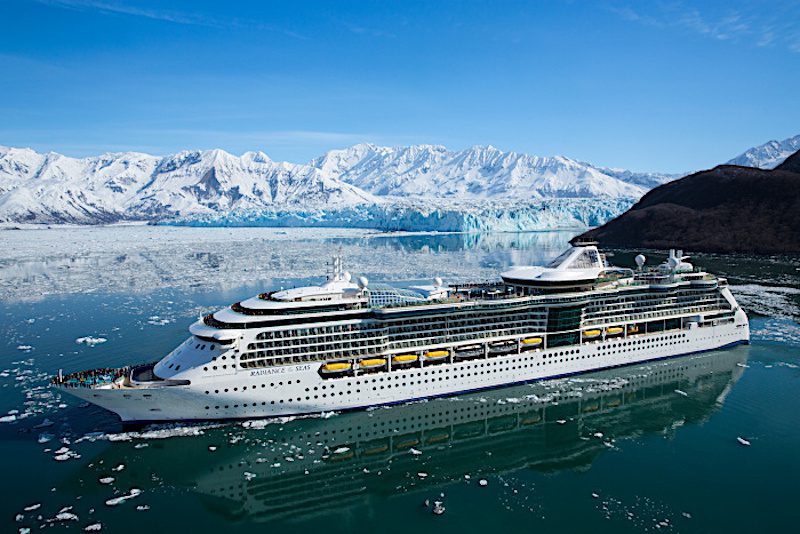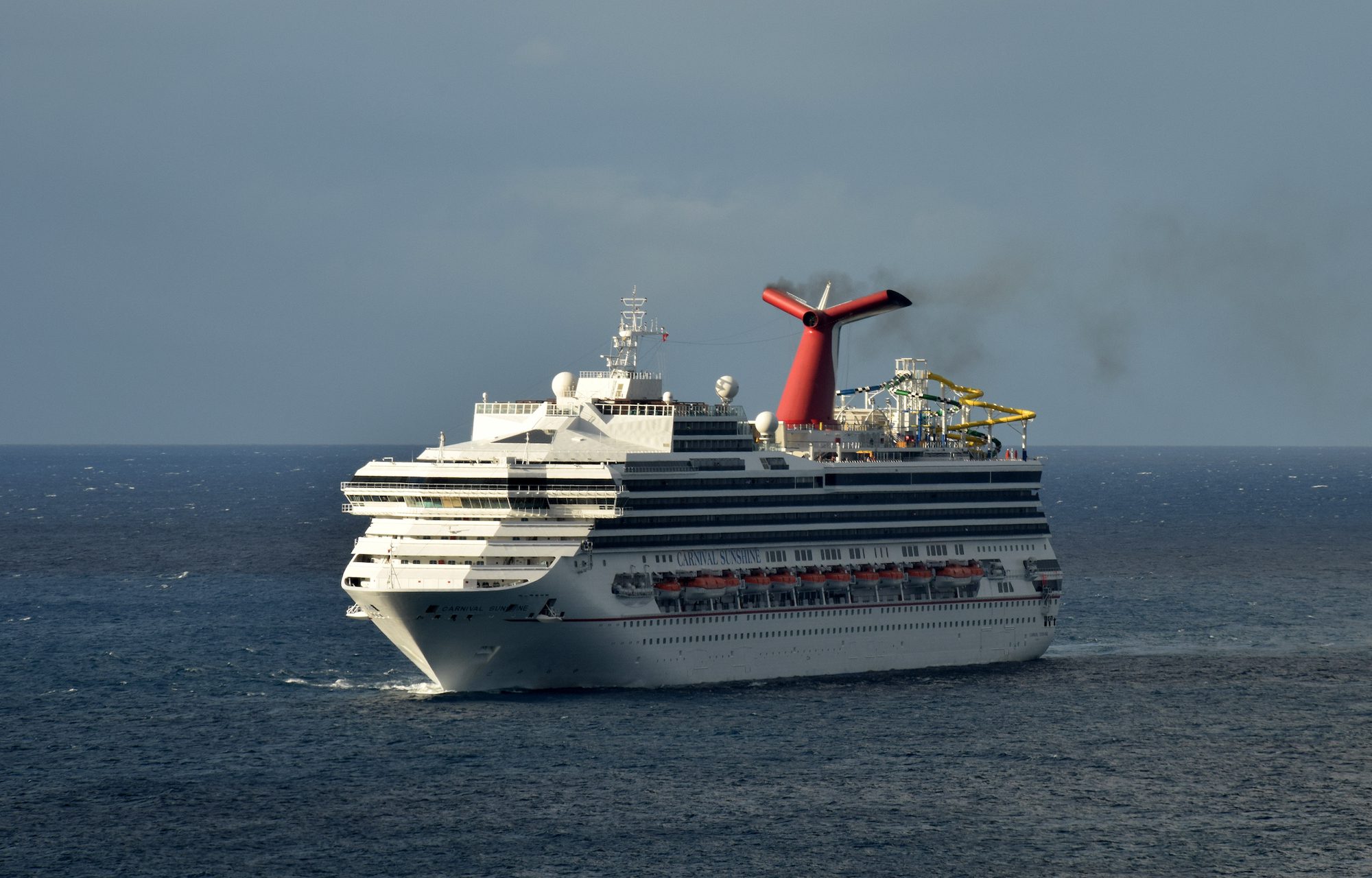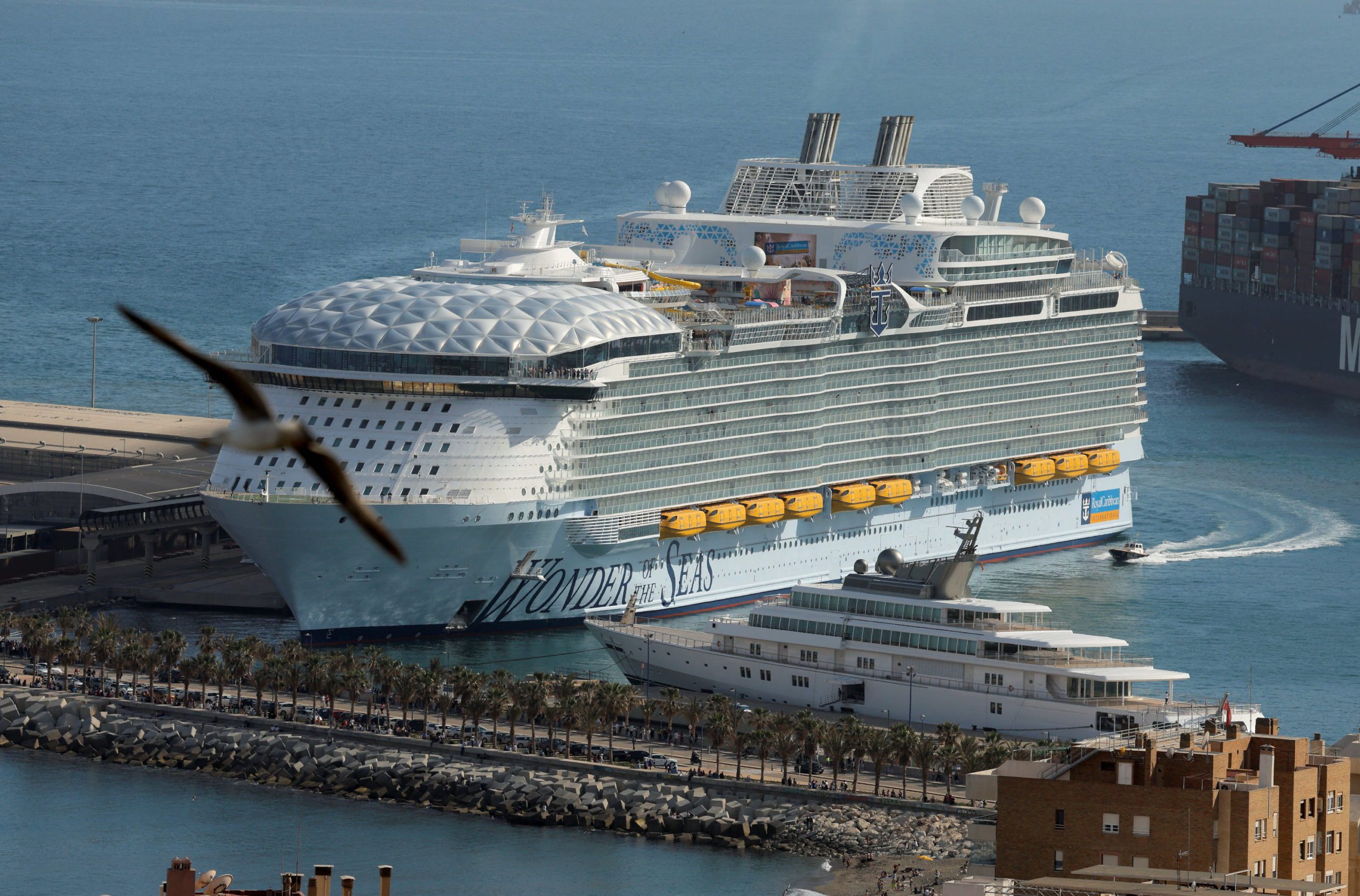By Salvatore R. Mercogliano, Ph.D. –
The recent announcement by the Canadian government to suspend all cruise ship visits until February 2022 due to COVID-19 will have a detrimental impact on the Alaskan cruise industry.
In March 2020, the Center for Disease Control issued a No Sail Order for cruise lines and that has remained in place, pending a successful plan to resume operations. Once the CDC releases the cruise ships, sailing to Alaska will be problematic as most of the world’s cruise ships are foreign built, foreign flagged, manned with foreign crews, and owned and operated by companies incorporated overseas.
Under the Passenger Vessel Service Act of 1886, while such ships can operate between American ports, they must include a stop at a foreign destination. It is for this reason that Captain Stubing, Julie McCoy, Gopher, Isaac, and the rest of the crew of the British-flagged Pacific Princess sailed out of San Pedro each week for stops in Mexico. With Canada boycotting these vessels, any voyage starting from the American West Coast heading to Alaska will not have a foreign port to stop at, unless they divert to Mexico, necessitating a potentially longer voyage, but still possible.
A critic of the American shipping laws noted, “This sorry episode has the potential to cause considerable economic harm, but some good could yet come if it provides the needed impetus for long-overdue changes to – if not outright scrapping of – this outdated law.” The repeal of the PVSA would be a massive benefit for Carnival, Royal Caribbean and Norwegian Cruise Lines, the three largest operators of passenger vessels.
In 2019, these three firms controlled 74.6% of the world’s cruise market with fleets of 195 ships. Of them, only one was American flagged and operated in the Hawaii cruise market. The headquarters for the three companies are all located in southern Florida, but they are incorporated and pay taxes in Panama, Liberia, and Bermuda. While they do employ many Americans in their shore staffs and are the face of the ships and companies to the public, behind the scenes their backbone is cheap foreign labor.
With the outbreak of COVID, the companies made the calculated gamble to ride out the pandemic and hope that the cruise industry would resume normal operations quickly, even though their vessels were the center of much of the initial outbreaks. Facing no passengers, a shutdown of the international transportation system, and mounting operational costs, the companies performed massive cross-decking operations to place crew members from the same regions on board vessels and then sail them to the mariner’s home countries.
After a series of failed starts, some companies do not even have plans to start sailing anytime soon. Virgin Cruises, which was set to embark on their first voyages in early 2020, have never had a paid passenger on their new massive cruise ships. That brings us back to the situation with Alaska and attacks against the PVSA.
Organizations like the CATO Institute have advocated for the repeal of all American maritime cabotage legislation – both the Passenger Vessel Services Act and the Jones Act – regardless of the impact on the nation’s national security. The repeal of the former would allow ships of Royal Caribbean, Carnival, and Norwegian to sail directly between US ports, negating the need to stop in foreign ports. The question that should be asked is, what is the impact?
First, there are American cruise companies that operate smaller cruise ships in the trade, such as American Cruise Lines, Alaskan Dream, and UnCruise Adventures. These ships are smaller but meet the requirement of the PVSA and they will face bankruptcy if foreign flagged vessels engage in the American coastal trade. The larger international firms do not have to pay American minimum wages, abide by domestic labor laws, or meet requirements imposed by the nation.
Second, once you allow foreign ships to freely operate in the coastal waters of the US, you are essentially allowing foreign companies to operate under their own laws permanently in American territory. Yes, foreign ships are continually in and out of American ports, but they do not remain and conduct business in them on a routine basis.
Finally, you would essentially have floating foreign hotels and that means competing directly against Americans both ashore and afloat.
So, what is the solution? With COVID-19 and vaccines in a state of flux, there is no guarantee that the cruise industry does not resume normal operations until 2022 as predicted by Canada. Currently, cruise ship companies are spending over $1 billion a month to keep ships on standby awaiting the return of passengers. If the cruise companies want the Alaskan trade so much than there is an answer.
The one American vessel among the 194 is MV Pride of America, built at Ingalls Shipyard in Pascagoula, Mississippi, but outfitted in Germany after the company that owned the vessel collapsed. If Royal Caribbean, Carnival, and Norwegian want to get to Alaska so bad, then select a few of their vessels, work with the West Coast and Alaska representatives in Congress and get a waiver to operate, but with the same limitations as Pride of America. In other words, they must reflag to American registry, employ American workers, and be incorporated under an American corporation.
The obvious response is that it is too expensive. After all, when a company can pay a Filipino seafarer less than $900 a month and keep them at sea for 11 months, why would they want to employ Americans. But with COVID, this solution will have great appeal. First, there will be minimal issues in getting both passengers and crewmembers on and off the vessels. Currently, one-third of the 1.2 million seafarers are over their allotted sailing contracts due to restrictions on international travel and access to flights. Second, the companies will start to generate revenue, something that is not being done now.
Finally, the employment of American mariners in the deck and engine crews is a strategic asset for the military as they can also be used on board reserve sealift ships in time of war. As such, the ships could qualify for enrollment in a modified Maritime Security Program, or the mariners employed on board and the company overseeing the ships have tax incentives to lower costs.
While many entities see every opportunity to attack American cabotage, it must be remembered that the United States has global interests. In 1890, Alfred Thayer Mahan in his seminal work The Influence of Sea Power Upon History identified sea power as the amalgamation of military and commercial shipping. The United States must adapt its maritime policies and reform vice repeal of its maritime laws is the best choice going forward.
Salvatore R. Mercogliano is an associate professor of History at Campbell University in Buies Creek, North Carolina and teaches courses in World Maritime History and Maritime Security.

 Join The Club
Join The Club











